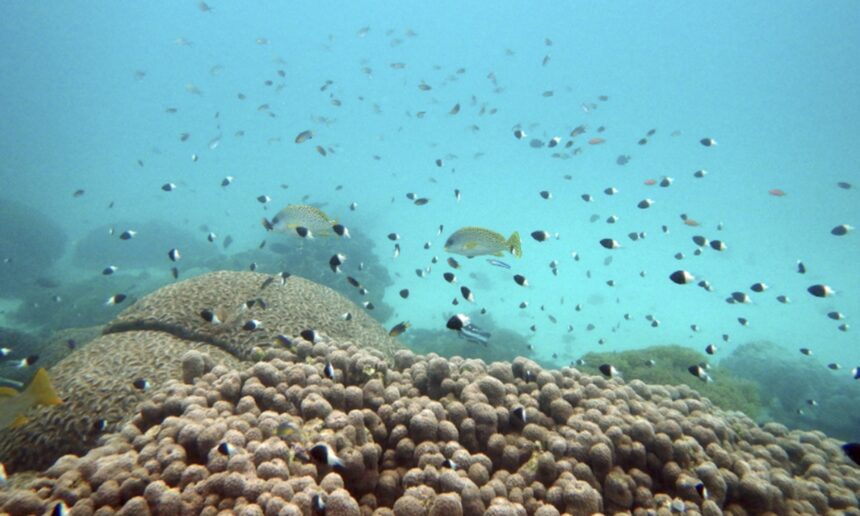In order to obtain critical minerals, US President Donald Trump recently signed an executive order directing the federal government to expedite mining permits for deep-sea mining within the US and in international waters. This move aims to quickly push related companies to begin mining activities in these areas.
This means the US will bypass the procedures of the International Seabed Authority (ISA), an autonomous international organization established under the 1982 United Nations Convention on the Law of the Sea (UNCLOS), to secure permits for deep-sea mineral extraction.
China’s Ministry of Foreign Affairs said at a regular press conference in late April that the international seabed area covered by the US executive order goes beyond the limit of national jurisdiction. No country should circumvent the ISA and international law and unilaterally authorize any exploitation and exploration activities in the international seabed area at the expense of the common interests of the international community.
The US’ move clearly undermines the international maritime legal framework centered on the UNCLOS, severely violating the principle of the “common heritage of mankind” established by the UNCLOS. Although the US has yet to ratify the UNCLOS, this does not justify Washington’s attempt to bypass its international obligations under the convention through domestic law, thereby openly challenging long-standing international norms and the principles of the rule of law.
In response, ISA Secretary-General Leticia Carvalho clearly stated that the Area and its mineral resources are the common heritage of humankind, and such unilateral actions violate international law.
From a geopolitical perspective, the US pushing for deep-sea mining clearly has significant geostrategic objectives. The US seeks to reduce its dependence on China’s rare earth elements and other strategic minerals by securing deep-sea resources like nickel and cobalt, thereby enhancing its own supply chain security. This trend of strategic competition indicates that the scope of the China-US major power game has expanded to include deep-sea resources. From the standpoint of global environmental governance, the US unilateral action runs counter to the global consensus on ecological protection and sustainable development.
Moreover, the US unilateralism severely undermines international maritime order, and the international community should actively seek ways to address this challenge.
On the diplomatic front, efforts can be made to foster international consensus in multilateral settings such as the United Nations General Assembly and the ISA. Diplomatic pressure can be exerted on the US through joint declarations or resolutions by concerned parties.
In terms of legal and environmental cooperation, international legal mechanisms can be effectively utilized to assess and challenge the legality of US actions, such as by referring the matter to the International Court of Justice or seeking advisory opinions from the International Tribunal for the Law of the Sea. Regarding environmental issues, international environmental organizations and research institutions can conduct independent deep-sea ecological studies to accumulate scientific evidence, highlighting the risks of deep-sea mining without proper environmental assessments. At the same time, cooperation among coastal countries should be promoted to jointly monitor the ecological status of mining areas.
In terms of governance mechanism reform, given that US unilateral actions pose a real threat, the ISA must expedite the development of international regulations such as “The Mining Code” and establish stricter and more transparent environmental assessment and regulatory standards. Additionally, the influence of Global South countries in the ISA decision-making process should be increased to ensure fairness and justice in international deep-sea resource governance.
If the US continues to take substantial unilateral mining actions, consideration can be given to a joint official statement by the parties to the UNCLOS, explicitly rejecting the recognition of any illegal deep-sea mining activities and promoting the establishment of an effective international supervision mechanism to prevent the illegal minerals from entering international trade. Furthermore, relevant countries can engage in joint environmental monitoring, and once ecological damage is detected, accountability should be pursued according to UNCLOS provisions.
Overall, the US executive order on deep-sea mining has gone beyond a mere policy declaration and directly constitutes a threat to marine ecological environments and international maritime order. This will prompt other countries to respond in a more pragmatic and efficient manner to deal with this pressing issue.
The author is an associate professor at the School of International Studies at Nanjing University. opinion@globaltimes.com.cn












